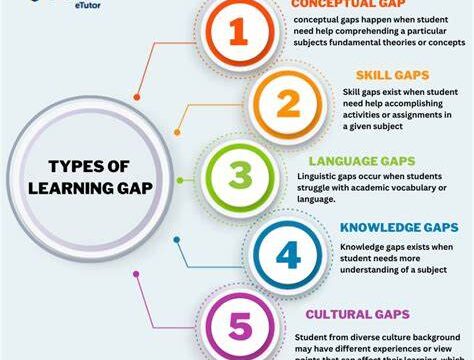The landscape of education has evolved dramatically over the past decade.
With advancements in technology and shifts in learning preferences, students today are faced with an important decision: should they pursue online learning or attend in-person classes? Each method offers distinct advantages and challenges.
Understanding the differences can help you make the best choice for your educational and personal needs.
Benefits of Online Learning
1. Flexibility and Convenience One of the biggest draws of online learning is its flexibility. Whether you’re a working professional, a parent, or someone with a busy schedule, online classes allow you to learn at your own pace and on your own time. This format is ideal for those who need to balance education with other responsibilities. 2. Access to a Wide Range of Programs Online platforms often provide a broader selection of courses, certifications, and degrees than traditional institutions. You can learn anything from coding and business management to graphic design and digital marketing—all from the comfort of your home. 3. Cost-Effectiveness Without the need to commute, pay for on-campus housing, or buy physical textbooks, online learning can often be more affordable than traditional education. Many platforms also offer free or low-cost learning options.
Benefits of In-Person Classes
1. Structured Learning Environment For students who thrive on routine and face-to-face interaction, traditional classrooms offer a well-structured setting. This can help improve focus, discipline, and accountability. 2. Direct Interaction with Instructors and Peers Being physically present in a classroom allows for spontaneous discussions, immediate feedback, and collaborative group work—key components of a dynamic learning experience. 3. Access to Campus Resources In-person learning provides access to on-campus facilities like libraries, labs, career centers, and extracurricular activities that can enrich the educational experience.
Factors to Consider When Choosing
1. Learning Style If you’re self-motivated and comfortable with technology, online learning may suit you well. However, if you learn best through direct interaction and hands-on activities, in-person classes might be more effective. 2. Schedule and Commitments Your personal and professional obligations play a significant role. Online classes offer more flexibility, while traditional classes require fixed attendance times. 3. Goals and Career Path Some careers may value or even require hands-on experience and networking opportunities found in in-person education. Others, particularly in tech or digital industries, may accept or prefer online qualifications.
Final Thoughts
There is no one-size-fits-all answer when it comes to choosing between online learning and in-person classes. Your decision should be based on your goals, learning preferences, lifestyle, and budget. Both formats have the potential to deliver a high-quality education—it’s about finding what works best for you.





